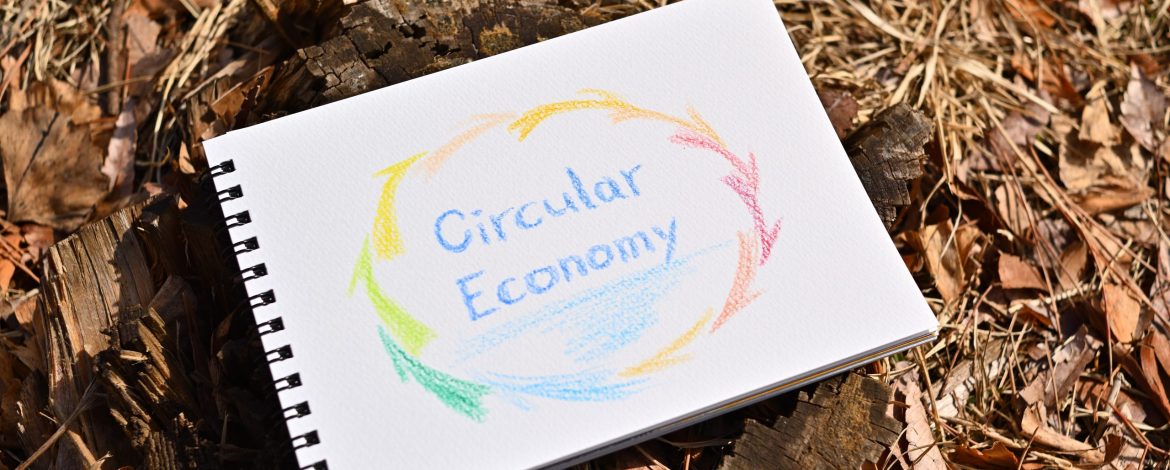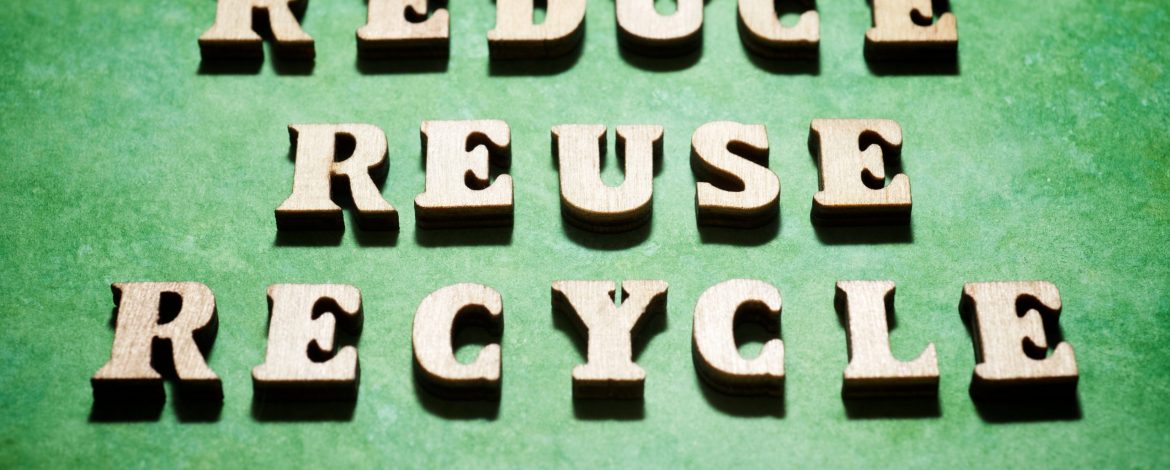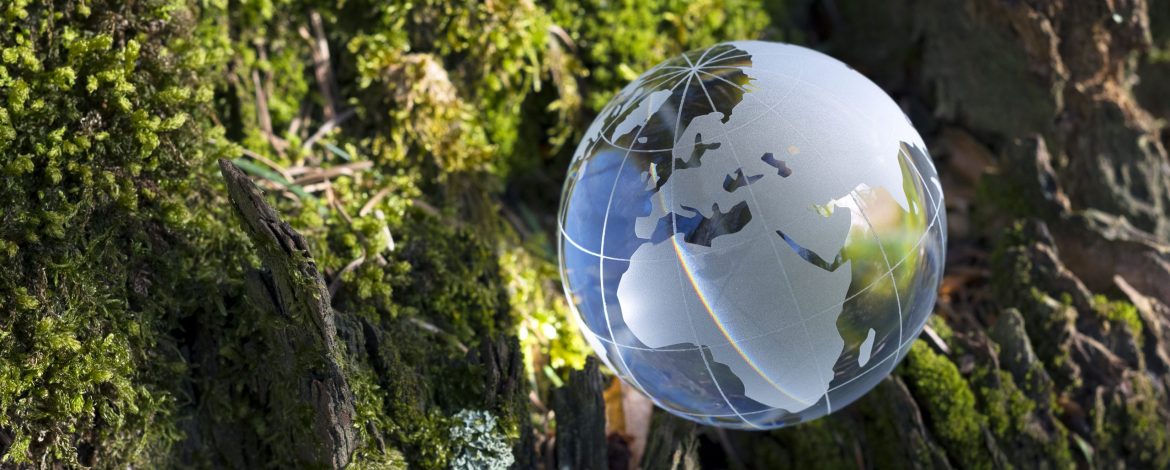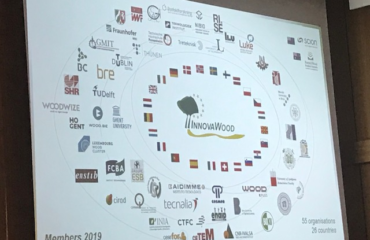The contemporary necessity to limit the environmental impact of the growing resource demand and guarantee the sustainable growth and social well-being drive to search for good practices in order to ensure resource efficiency and a greater circularity of material flows.
The circular economy model offers more sustainable solutions where products are used longer and materials are recovered and used in new products; moreover, this model involves several social stakeholders, ensuring “harmony between economy, environment and society”.
Circular economy and wood-furniture sector: The WoodCircus project
The furniture industry is characterized by a relatively high use of different types of materials and in some cases composites, that are currently subject to recycling processes but for which there are no structured recovery and reuse solutions.These two processes have become a priority since recycling, already particularly efficient at national level for the different supply chains (wood, glass, plastic, etc..), however requires the consumption of resources, materials and energy.
In such context, the WoodCircus project, of which COSMOB is a partner, represents a fundamental step as it promotes the transition process towards the circular economy of the European wood-furniture sector.
In fact, various issues are taken into consideration including resource efficiency, recovery, recycling and “cascading” use of wood material for a better economic, environmental and social sustainability of the sector and of the whole society.
The analysis carried out within the WoodCircus project shows how the wood-furniture sector, and especially the Italian one, represents a virtuous example of circular economy: waste of wood processing is efficiently managed in all stages of the value chain, although these are differently structured in Europe.
The sector is characterized by an efficient system of collaboration between the several stakeholders, fostering significant economic and environmental benefits for the general society, as well as for national economies and local communities. Manufacturers are following new paths of innovation characterized by the use of a variety of advanced technologies and new materials: in fact companies are oriented towards the creation of eco-compatible productions, using both virgin, recycled materials, with the lowest possible environmental impact, aware that the adoption of a circular economy model represents a radical change and requires innovative systems for (re) thinking about production processes and consumption habits.
A clear paradigm shift is therefore taking place across Europe. On the one hand, the whole sector is called to necessarily respond to the new needs of implementing a harmonious model that takes into account economic, social and cultural necessities; for the other hand, there is no concrete possibility of taking new opportunities and creating value by combining respect for the environment and market demands, the latter increasingly oriented towards innovative, sustainable and certified solutions.










